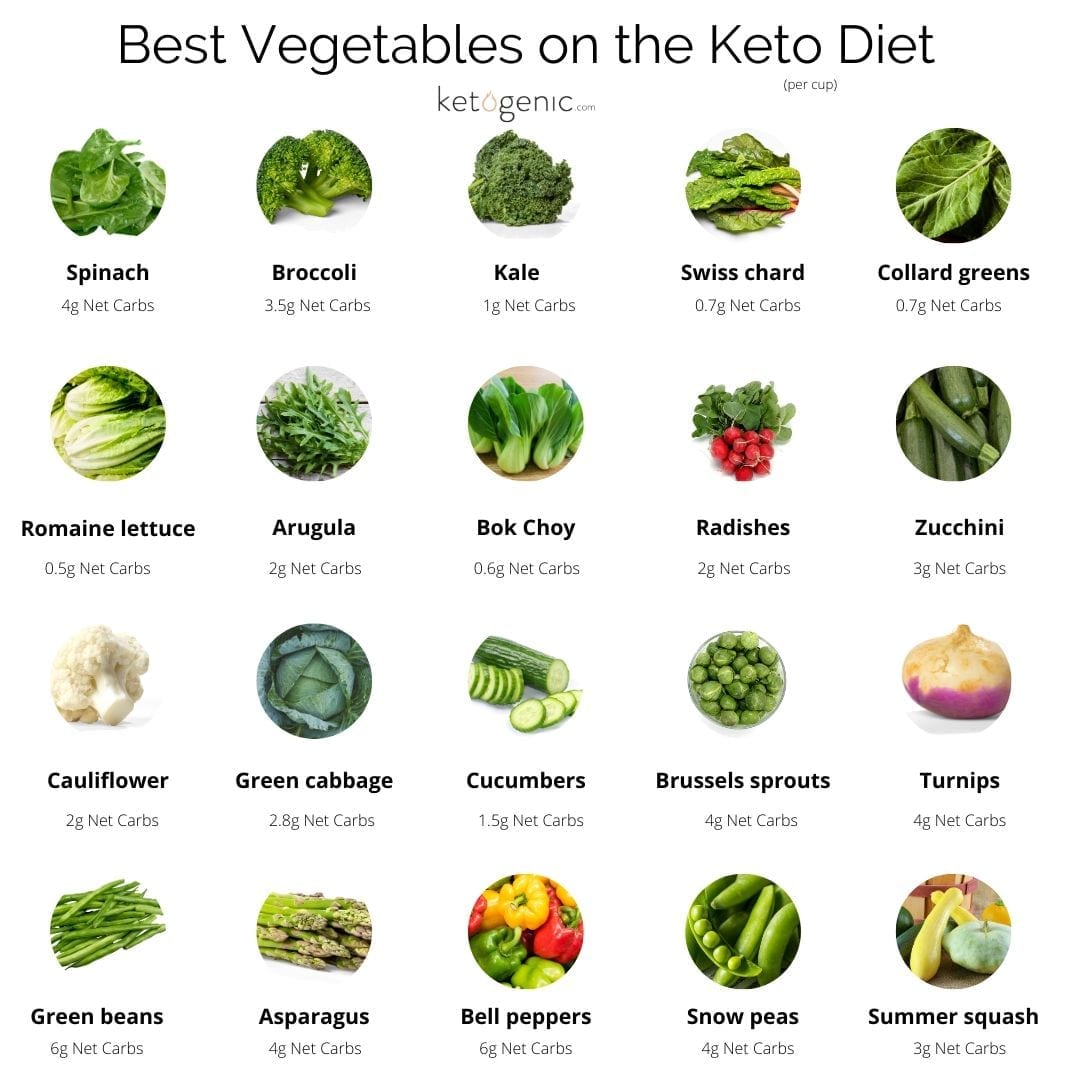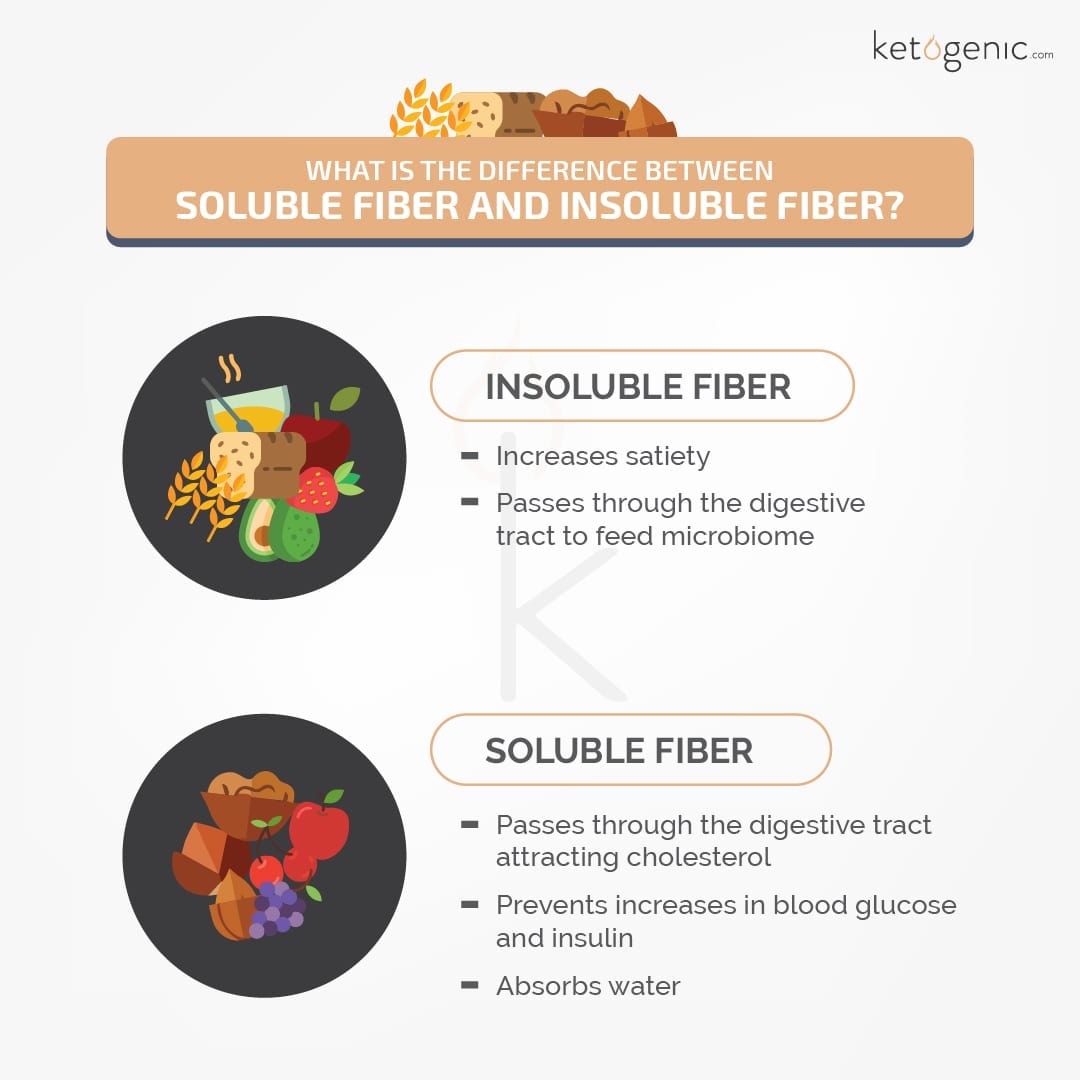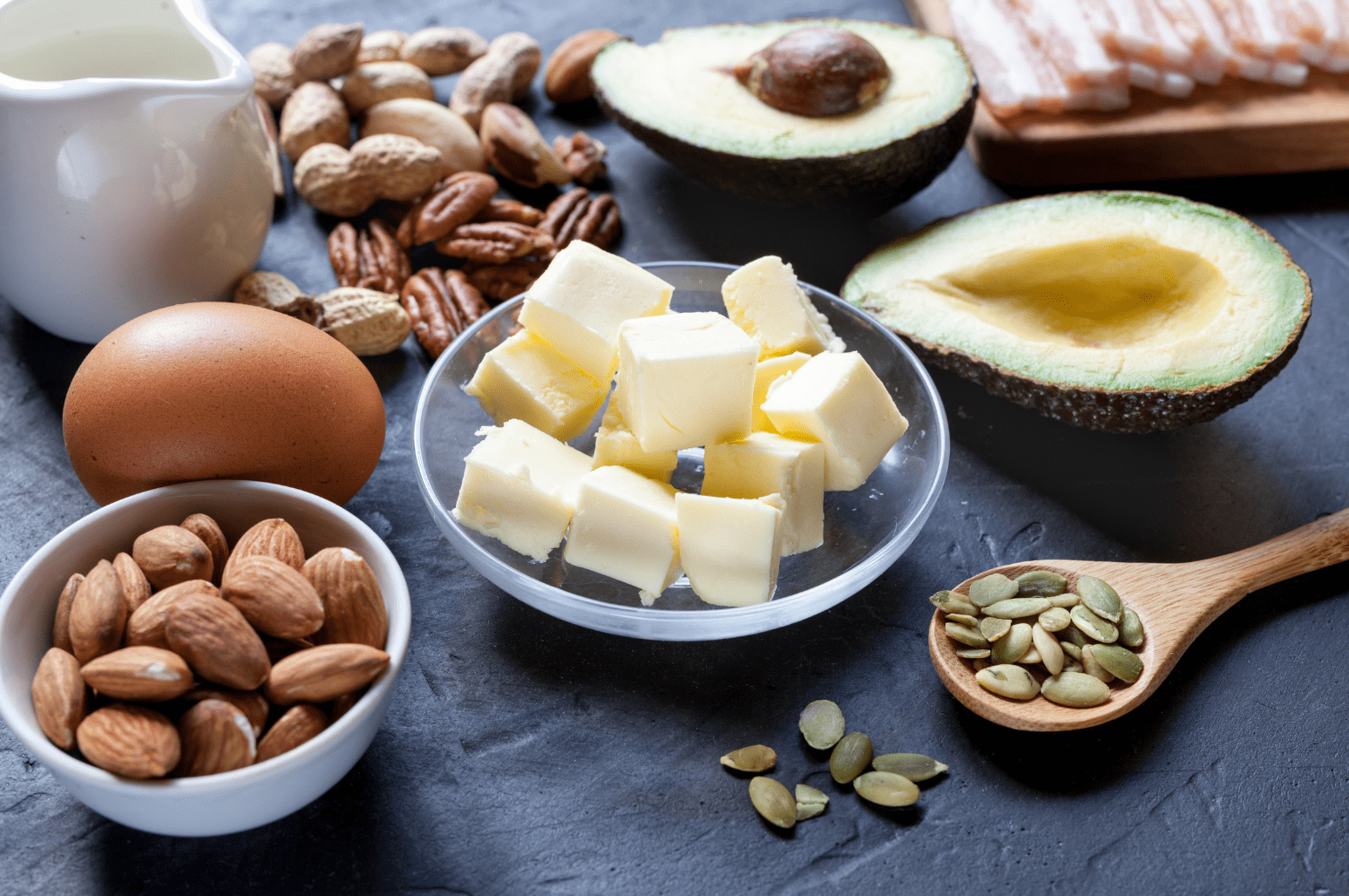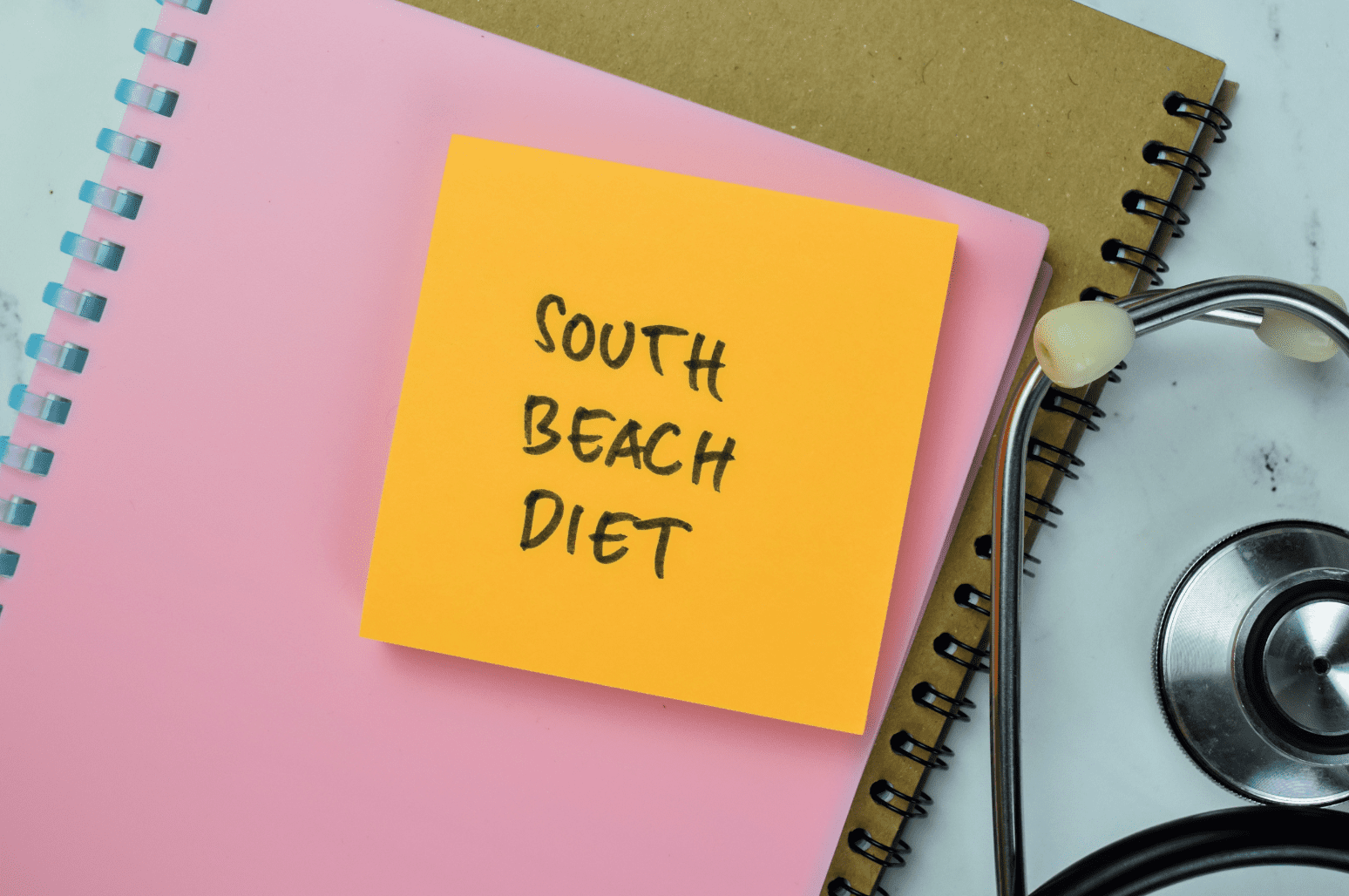
Just because you’re on the ketogenic diet doesn’t mean you’re consuming healthy, nutrient-dense foods that are right for your body. Going keto, lowering your carbs, and increasing your fat intake can still take you down the path of certain unhealthy processed foods that aren’t good for your health. People have many reasons for going on the ketogenic diet. Most are trying to be healthier and consume nutritious foods that improve health and wellness. If you are trying to make healthier choices, that means you have to choose a well-formulated ketogenic diet over easy/lazy/ dirty keto.
What is Dirty Keto?
Dirty keto refers to a version of the ketogenic diet where you’re eating lots of easy, processed unhealthy foods. These foods make up a big part of your diet and while they might not kick you out of ketosis, they aren’t necessarily the best choices for your health.
Generally speaking, dirty or lazy keto is the term for a keto diet that doesn’t contain enough nutrient-dense, balanced, whole foods and instead contains more refined, processed, and packaged products with unhealthy ingredients and additives.
Some people define dirty keto as a less restrictive version of the ketogenic diet that doesn’t involve counting macronutrients or just involves counting carbs, but not fat or protein. The problem with this approach is that you might not be in ketosis and you might not be getting enough healthy fats, protein, and nutrients.
What are the Problems with Dirty Keto?
1) Food Quality
If you’re lazy keto you might not be paying enough attention to the quality and nutrient value of your food. You might be more concerned with what’s quick, easy, and low carb rather than what’s healthy and fuels your cells. For example, you might opt for processed luncheon meat with unnecessary added ingredients. Go for natural whole foods as close to nature as possible. When you can, choose organic foods that usually have more nutrients and are free of certain pesticides and chemicals. Even if you don’t have time to cook a fancy keto meal, you can find plenty of quick and easy recipes here at ketogenic.com. Read some of our helpful articles for when you’re hungry, tired, or short for time. To help you make healthier choices, here are five convenient keto foods for when you’re on the go and five keto friendly snacks.
2) Food Diversity
With dirty keto, you might not be getting enough variety with your food choices. If you aren’t eating a diverse diet including different types of foods and nutrients, you might end up with nutrient deficiencies and various health consequences. A diverse diet gives you access to a plethora of nutrients, antioxidants, and more.
3) Inflammatory Oils
If you’re consuming more processed foods on lazy keto, you might also be consuming lots of inflammatory hydrogenated vegetable oils. The complex process of hydrogenation could be one of the reasons these oils can raise inflammatory markers in the body [1,2].
Either make your own keto snacks and meals with healthier oils, such as unrefined coconut oil or choose keto-friendly products that don’t use inflammatory oils and unhealthy additives.

4) Lack of Fiber
Fiber is complex, but many people on keto benefit from having more fiber in their diet. Choose fiber from low starch keto-friendly veggies and greens like bok choy and broccoli. Fruits like avocado and berries are also a keto compliant choice that can give you more fiber. Fiber has been linked to an abundance of health benefits, such as relieving constipation and helping maintain a healthy body weight [3]. Many experts believe low dietary fiber increases the risk of chronic constipation [4].
Tips for Following a Well Formulated Ketogenic Diet
It’s ideal to follow a more nutrient-dense ketogenic diet instead of a dirty keto diet. In a nutshell:
- Avoid processed and heavily refined foods
- Have healthier keto snacks and foods available
- Make sure you’re getting enough fiber
- Make sure you’re eating a variety of foods
Do You Follow a Well-Formulated Ketogenic Diet? Or Do You Stick to Lazy Keto?
Share your tips with our keto community! How do you choose the healthiest keto foods?
References
Teng, K., Voon, P., Cheng, H., & Nesaretnam, K. (2010). Effects of partially hydrogenated, semi-saturated, and high oleate vegetable oils on inflammatory markers and lipids. Lipids, 45 pp385-392.
Esmaillzadeh, A., & Azadbakht, L. (2008). Home use of vegetable oils, markers of systemic inflammation, and endothelial dysfunction among women. The American Journal of Clinical Nutrition, 88(4), 913-921.
Anderson, J. W., Baird, P., Davis JR, R. H., Ferreri, S., Knudtson, M., Koraym. A., Waters, V., & Williams, C. L. (2009). Health benefits of dietary fiber. Nutrition Reviews, 67(4), 188-205.
Morais, M. B., Vítolo, M. R., Aguirre, A. N. C., & Fagundes-Neto, U. (1999). Measurement of low dietary fiber intake as a risk factor for chronic constipation in children. Journal of Pediatric Gastroenterology and Nutrition, 29(2), 132-135.









